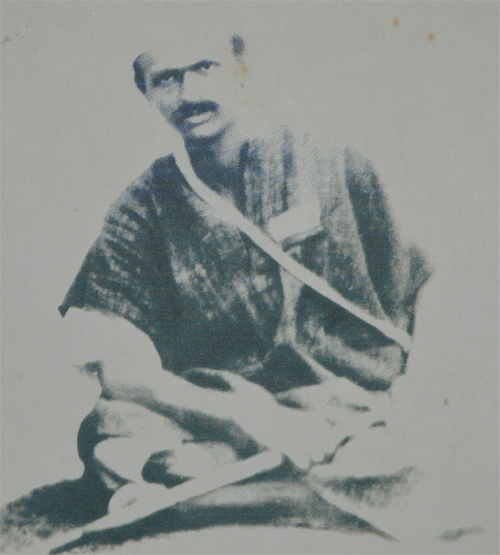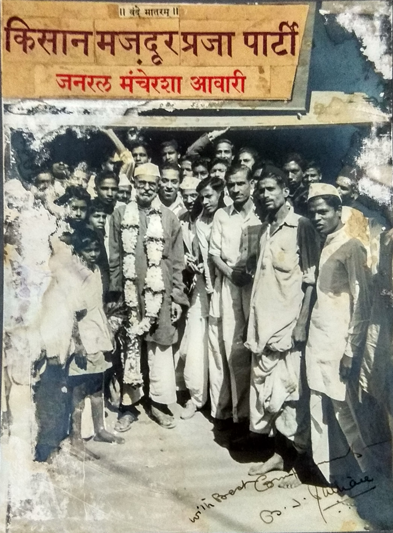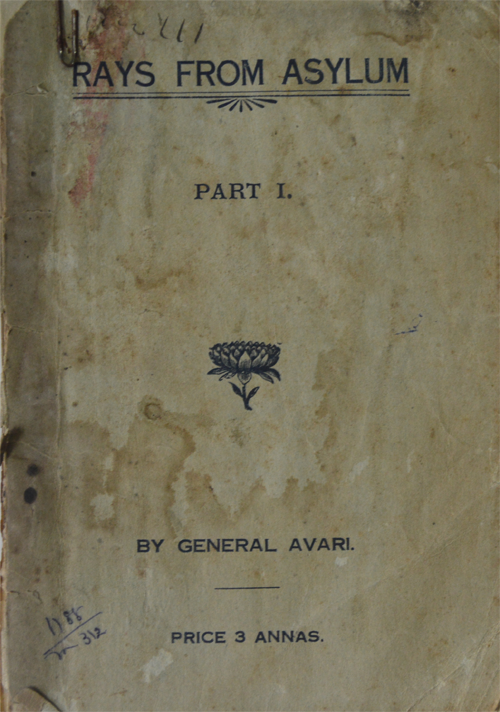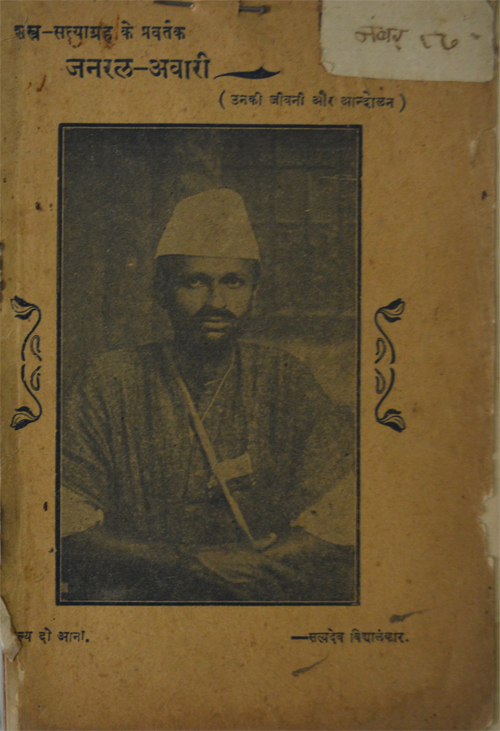|
Soon he came in touch with Mahatma Gandhi’s movement. A surprise meeting with Mahatma Gandhi in 1920. Congress session at Nagpur changed his course of life. Mahatma Gandhi knew his uncle Khan Bahadur Avari, a rich businessman whose business interests spread over Bombay, Simla, Karachi & Northern India. Ultimately he became an ardent follower of Mahatma Gandhi and soon resigned from job because of his active involvement in Gandhiji’s movement. In 1923 he lead the famous Jungle Satyagraha in the then C.P. & Berar State and was awarded his first jail term.
In 1926 he lead the famous Arms Satyagraha against tyrannical law of the British that no Indian will carry arms. His movement was a defiance of the British. However, Mahatma Gandhi objected to his Arms Movement saying that it will go against his principles of non-voilance. Young. Mancharsha Avari personally met Mahatma Gandhi and convinced him that his movement is only of the defiance of the Britishers and none of his followers will use those Arms against Britishers. Mahatmaji was convinced and gave his blessings to the movement. This movement roused the masses of the country. In one of his public speeches, Mahatma Gandhi while praising Mancharsha Avari and his Movement called his General Mancharsha Avari. Since then he was known as General Avari.

He was an elected President of Nagpur Congress Committee from 1926 to 1940. In 1937 he contested the Municipality Election and was elected as Vice President of the Municipality the same year. For one year he served as President of the Nagpur Municipality. They all resigned in 1940 as per the AICC call given by Mahatma Gandhi when all Congress Ministries in the State and Municipal Committees resigned unblock. He was Treasurer of the Pradesh Congress Committee for many years. He was organizing the Quit India Movement when along with all the national leaders he was arrested in a Predawn Sweep on 7th August, 1942. He was in jail for 4 years till 1946. He was a member of the Constitution Assembly, which wrote the Indian Constitution from 1947 to 1950. He was in ardent Socialist. Due to political difference he left Congress in 1951 and along with Acharya Kriplani, Acharya Narendra Dev, Jaiprakash Narayan joined Kisan Majdoor Praja Party which later on merged into Praja Socialist Party.
In 1952, First General election, he contested on KMPP ticked against Congress in Nagpur and own the seat. He was a major Opposition Leader in the then Madhya Pradesh Assembly.

From 1952 to 1957 he was a renounced Parliamentarian and a revered Opposition Leader. He was a solace to the down trodden and economically backward masses, a fiery orater in English, Hindi and Marathi. He knows Persian, Urdu, Arabic and Telgu Languages also.
He wrote 2 Books in 1926 “Rays From Asylum” and Letters to My Brother in 1928 besides many publication and articles to his credit.
 
There was a proposal in 1956 by Pandit Jawaharlal Nehru to make his Chief Minister of Madhya Pradesh if he along with his group of MLAs crosses the floor of M. P. Assembly which he turned down on a matter of principle. (He was against floor crossing). In 1960 he joined for 3 months in Nasik and suffered heavy injuries in Lathi Charge. A very Strong and healthy person, he was irregular performer of Yoga and had an excellent health (Till his death he used to climb 6 stories and had his all teeth intact). He died on 1st July, 1974 after contracting Cancer of Throat at the age of 76.
|